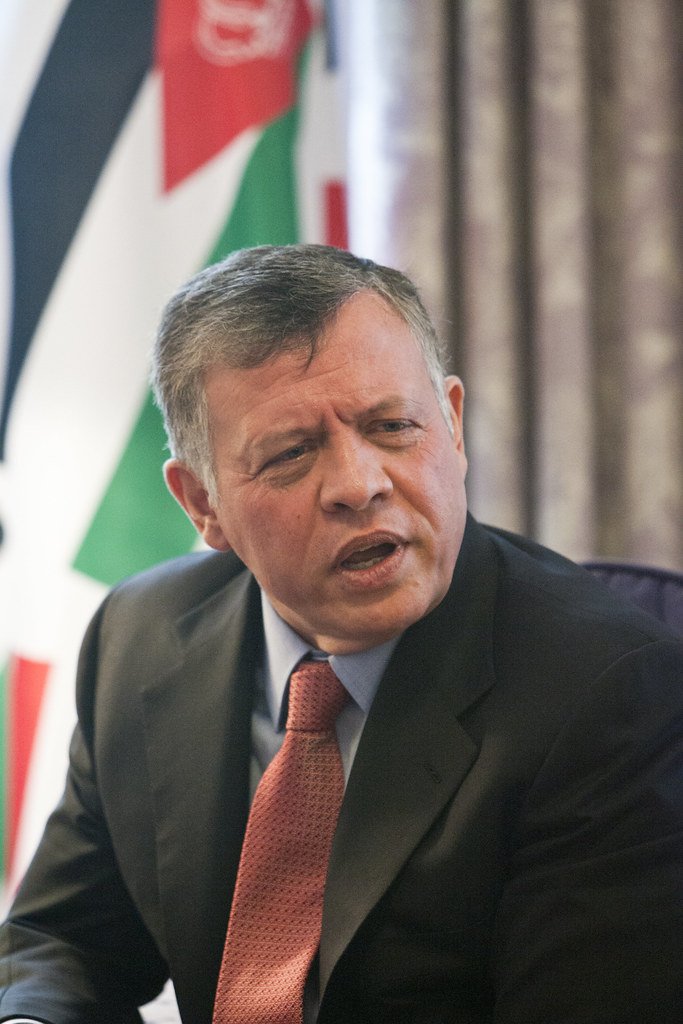Jordan's King Secretly Holds $100m in Wealth
King Abdullah II of Jordan (Flickr)
King Abdullah II of Jordan was implicated in the release of the Pandora Papers on October 3, along with hundreds of celebrities, cultural figures, and heads of state. The investigation, released early this month by the International Consortium of Investigative Journalists, contains millions of leaked documents revealing the off-shore accounts and tax evasion of notable celebrities and politicians. The Jordanian monarch was named, with the ICIJ estimating him to have amassed more than $106 million in personal wealth. Between 2007 and 2013, King Abdullah II used this personal wealth to buy in the United Kingdom and the United States, including elegant penthouses and excessive mansions.
King Abdullah II’s royal advisors deny the claims that they assisted him in setting up nearly 36 shell companies with the assistance of lawyers from the British Virgin Islands and an English accountant based in Switzerland. According to CNBC, the Hashemite Royal Court released a statement affirming that the purpose of keeping these properties and companies secret was for the sake of the king’s privacy, stating that this whistleblower report was “flagrant security breach and a threat to His Majesty’s and his family’s safety.” Furthermore, the official royal statement contends that no public funds were used to the monarch’s benefit and that all money used came from King Abdullah II’s own personal funding.
This only extends the history of corruption in the Kingdom of Jordan, a country rated “not free” by the Freedom House index. Despite international criticism, there has been little to no reaction from Jordanian citizens in fear of repercussions from the government for criticizing the king and the royal family. This repression has even gone so far as to penetrate the royal family itself, with King Abdullah II banning his own half-brother from politics following a critical social media post. Yet for the people of Jordan, the consequences are much worse. Journalists in Jordan have been personally called and threatened by government officials to cease reporting on certain issues, even going so far as to participate in physical violence against the press. However, dissent from the press may have to be placed on the back burner in comparison to the issues Jordan must face in confronting its largest international donor.
According to the U.S. Department of State, the United States is Jordan’s greatest provider of bilateral assistance, with the U.S. granting Jordan $1.5 billion in 2020. This money comes with several anti-corruption measures supported by the presence of the United States Agency for International Development (USAID). USAID highlights an increase in transparency and accountability through civil society reform and assistance in anti-corruption legislation. However, the news of King Abdullah II’s secret wealth may compromise the future development outlined in the report which includes plans as far away as 2025.
In a press briefing last Monday, Secretary of State spokesperson Ned Price told reporters that the U.S. Department of State will monitor the findings of the Pandora Papers in relation to the U.S.’s partnership with Jordan. Though he refrained from officially commenting on Jordan, Price reaffirmed that the United States will go forward with multilateral efforts to disclose all financial information from its allies. Nevertheless, the necessity of Jordan’s friendship in the Middle East and U.S. austerity measures may be the factors that keep their partnership from falling apart.

